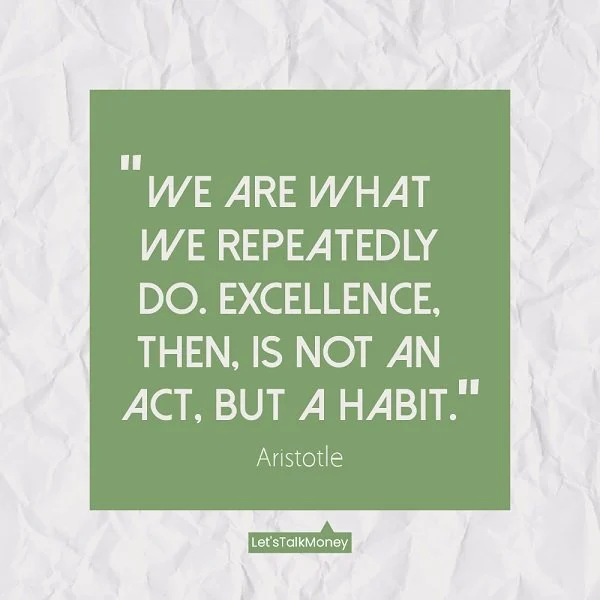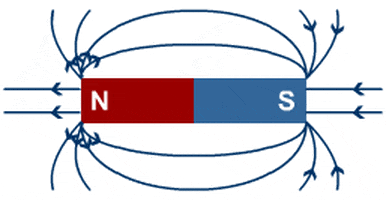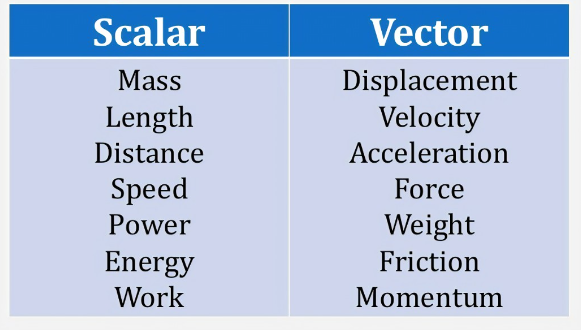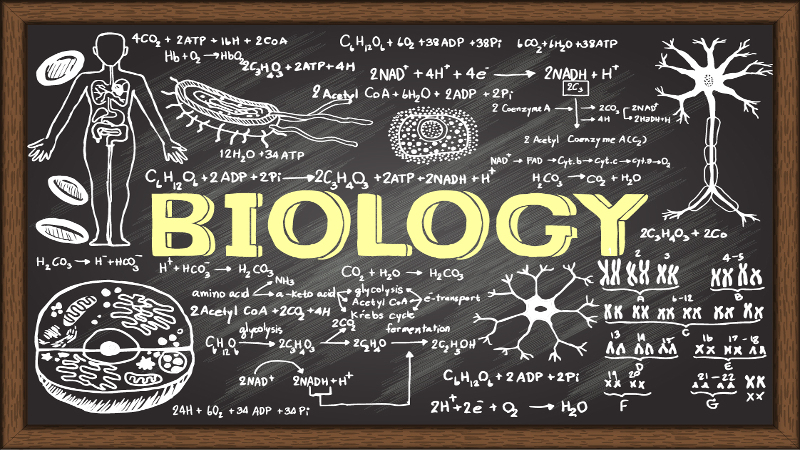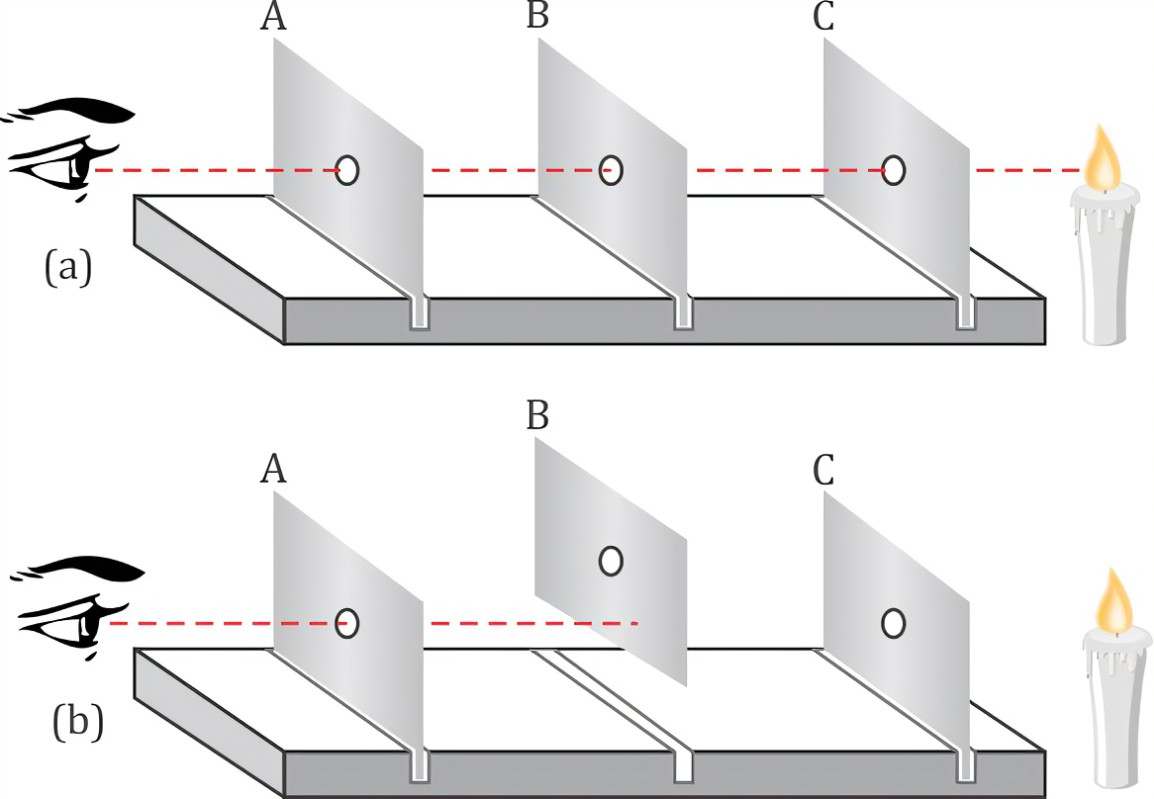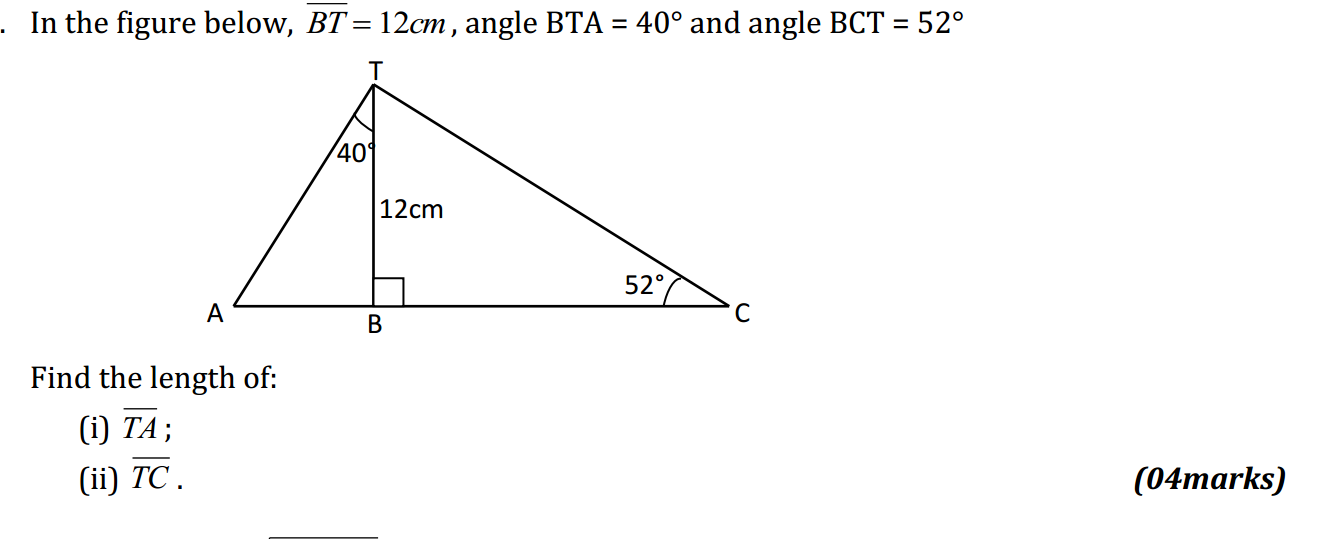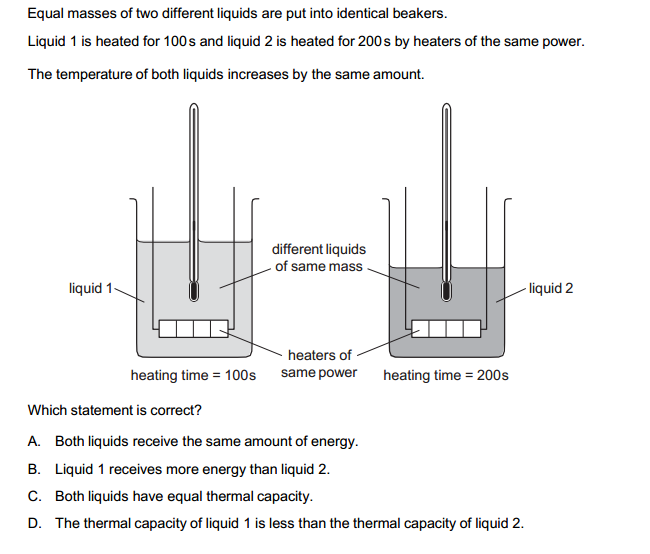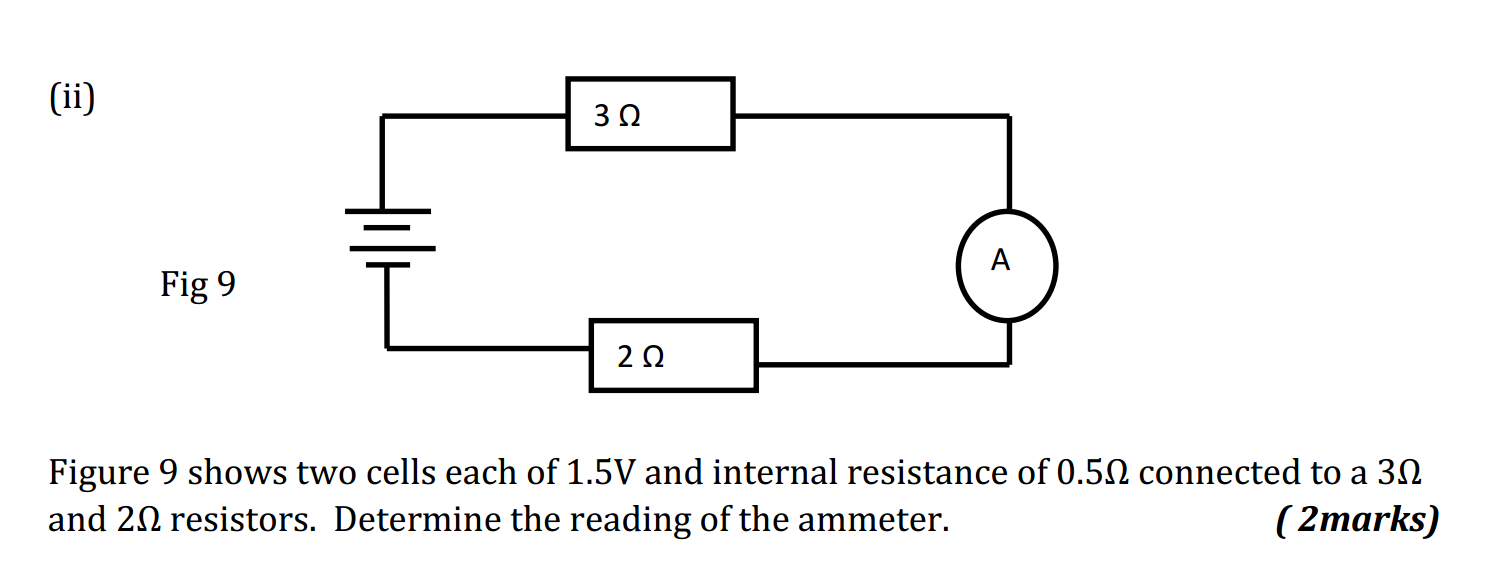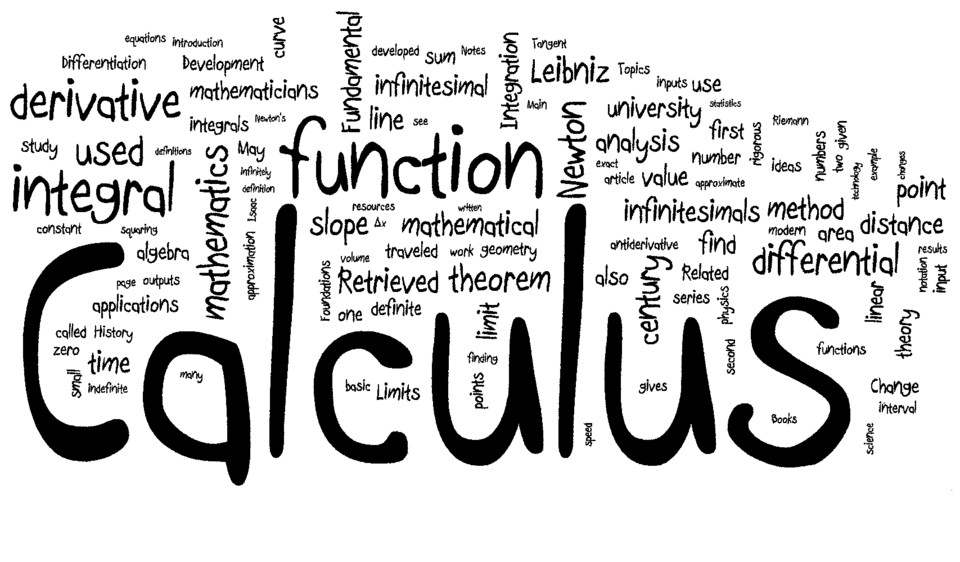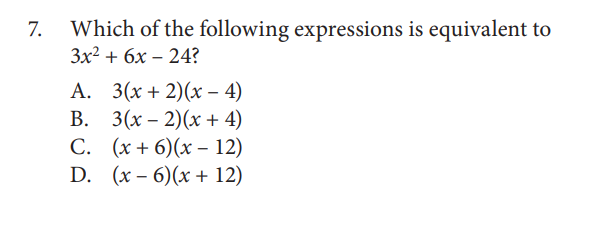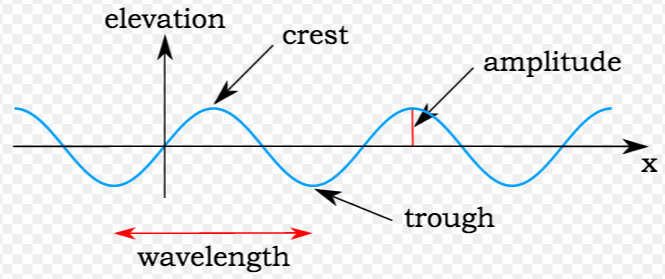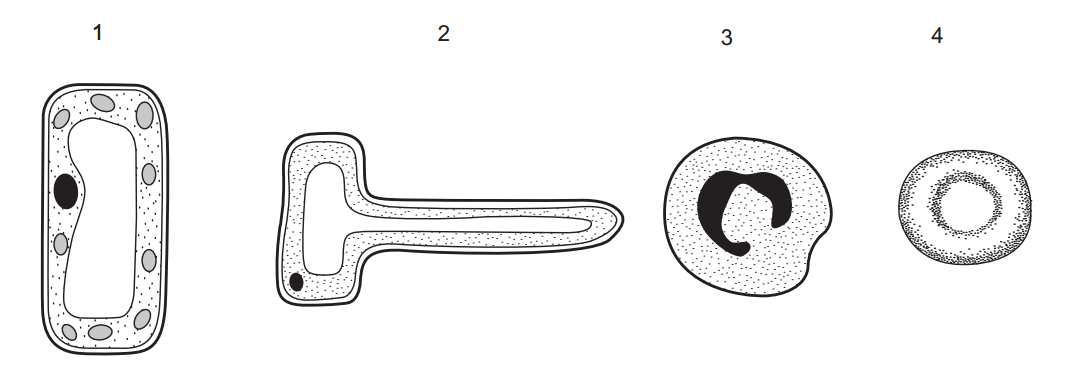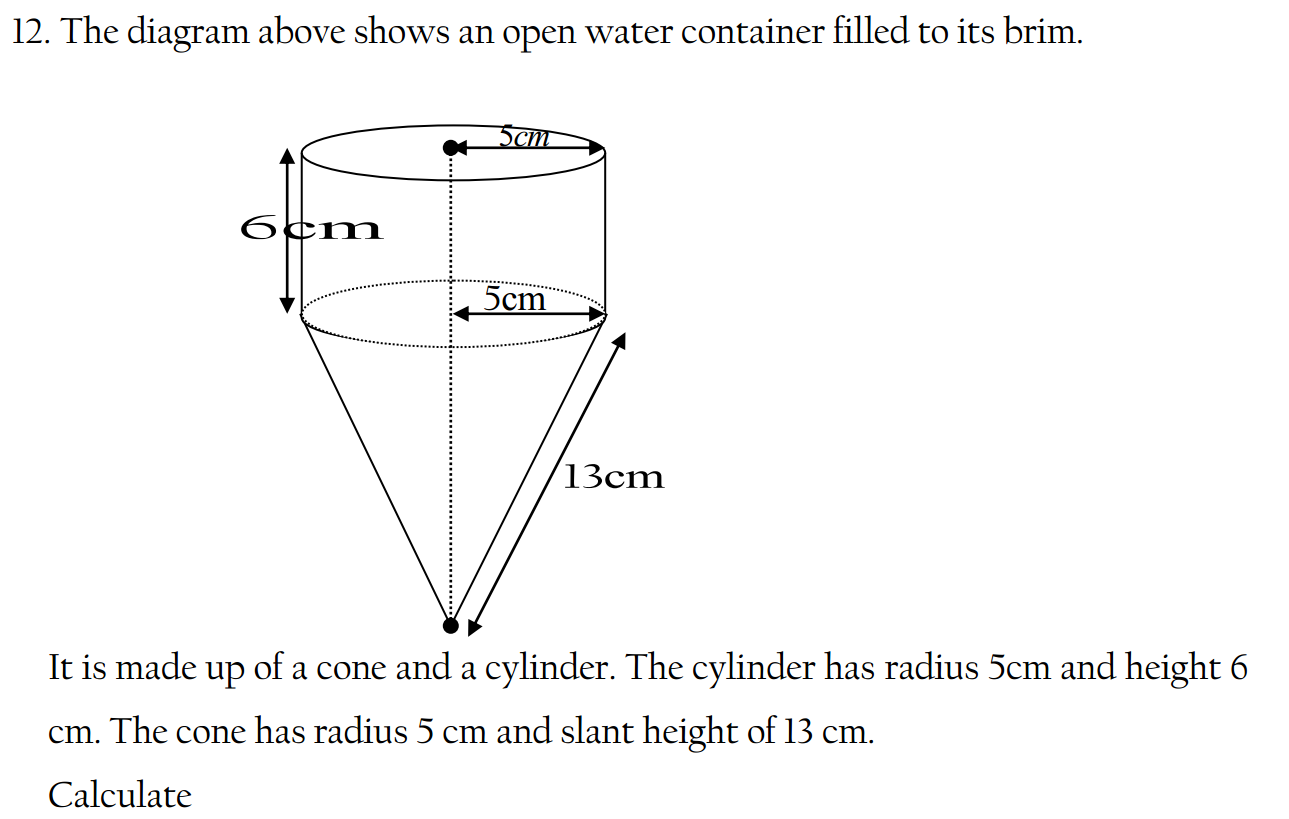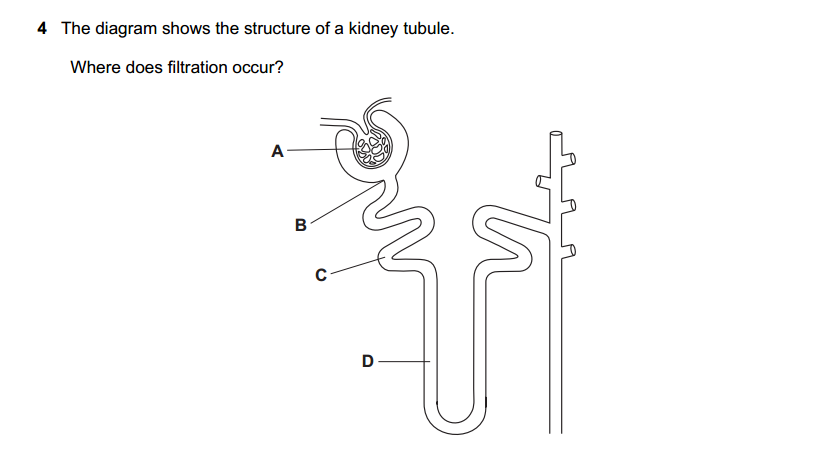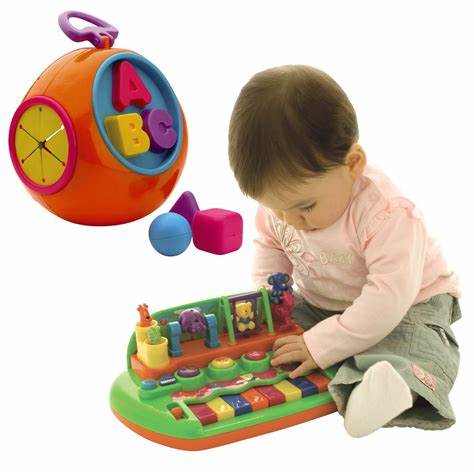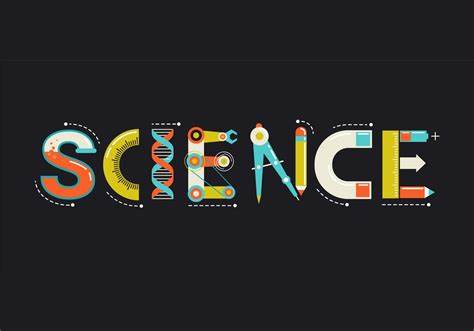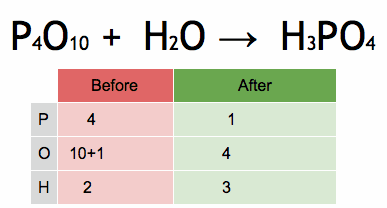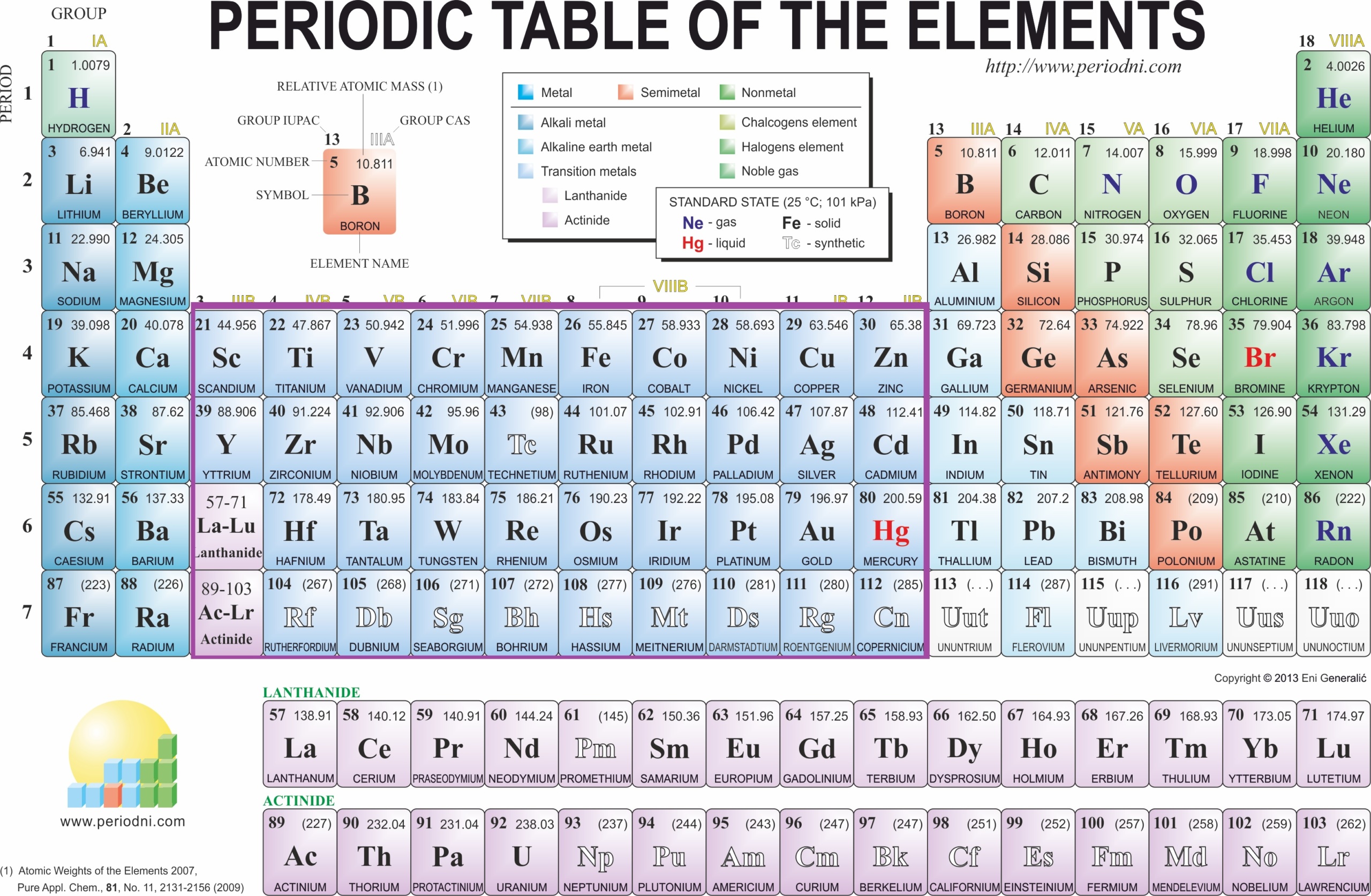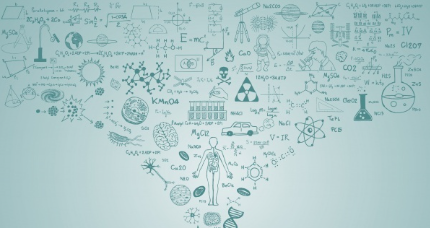Assessments, in the context of education or professional development, offer a range of benefits. Here are some key advantages:
- Measuring Understanding and Knowledge: Assessments help gauge the level of understanding and knowledge a person has acquired in a particular subject or skill. This allows educators and employers to assess the effectiveness of their teaching or training methods.
- Identifying Strengths and Weaknesses: By analyzing assessment results, individuals can identify their strengths and weaknesses. This information is valuable for targeted improvement efforts, whether in academics, professional skills, or personal development.
- Informing Instructional Design: Educators can use assessment data to refine and improve their teaching methods. Understanding which concepts are well-understood and which ones need further explanation helps in designing more effective instructional strategies.
- Providing Feedback for Growth: Assessments offer a structured way to provide constructive feedback to learners. This feedback can guide them in understanding where they excel and where they need improvement, fostering a culture of continuous learning and growth.
- Setting Learning Objectives: Assessments help in setting clear learning objectives. Knowing what needs to be assessed allows educators to establish goals for the learning experience, helping learners understand what is expected of them.
- Motivating Learners: Well-designed assessments can motivate learners by providing a sense of accomplishment when they successfully demonstrate their understanding or skills. This positive reinforcement encourages ongoing engagement and effort.
- Monitoring Progress: Regular assessments allow for the monitoring of individual and collective progress over time. This is crucial for tracking development and adjusting instructional strategies or learning paths accordingly.
- Ensuring Accountability: Assessments contribute to accountability in education and professional settings. They help ensure that learners are meeting established standards and that institutions are delivering the expected level of education or training.
- Adapting to Individual Learning Styles: Different individuals have different learning styles and paces. Assessments can help identify these variations, allowing for more personalized and adaptive learning experiences that cater to the diverse needs of learners.
- Improving Decision-Making: In professional settings, assessments can be valuable tools for making informed decisions about employee performance, training needs, and career development. This data-driven approach enhances decision-making processes.
- Standardizing Evaluation: Standardized assessments provide a common metric for evaluating individuals or groups. This standardization is especially important in educational settings for comparing student performance on a national or global scale.
In summary, assessments play a crucial role in education and professional development by providing insights, promoting learning, and facilitating informed decision-making. Well-constructed assessments contribute to the overall effectiveness and efficiency of educational and training programs.















